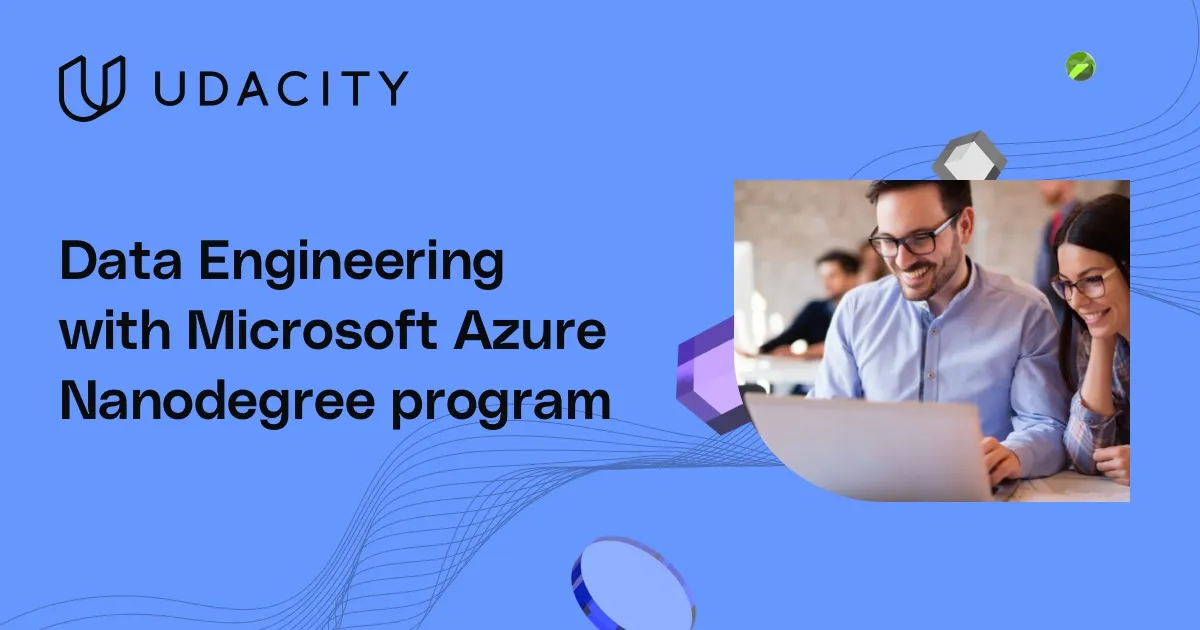
Provisioning Databases in Azure and SQL Server 
This course provides an overview of the features and technologies for provisioning databases in Azure and SQL Server. It covers topics such as the role of a SQL Server database administrator, Windows Server OS, Platform as a Service, and Linux. It is designed to help students understand the complexities of managing databases in the cloud. ▼
ADVERTISEMENT
Course Feature
![]() Cost:
Cost:
Free
![]() Provider:
Provider:
Edx
![]() Certificate:
Certificate:
No Information
![]() Language:
Language:
English
![]() Start Date:
Start Date:
1st Oct, 2018
Course Overview
❗The content presented here is sourced directly from Edx platform. For comprehensive course details, including enrollment information, simply click on the 'Go to class' link on our website.
Updated in [March 06th, 2023]
This course provides learners with the knowledge and skills to provision databases in Azure and SQL Server. Learners will gain an understanding of the considerations for deploying SQL Server, such as the different environments and scenarios, and how to migrate databases between versions and platforms. They will also learn about the automation and security features available in Azure and SQL Server, and how to use them to ensure the safety and reliability of their databases. Additionally, learners will gain hands-on experience with the Azure platform, and learn how to use it to deploy and manage databases. Finally, learners will gain an understanding of the infrastructure and architecture of Azure and SQL Server, and how to use them to create and maintain a secure and reliable database environment.
[Applications]
After completing this course, students should be able to apply their knowledge to provision databases in Azure and SQL Server. They should be able to consider the various considerations for deploying SQL Server, deploy SQL Server to various environments and scenarios, and migrate databases between versions and platforms. Additionally, they should be familiar with the Azure subscription process and the free trial options available.
[Career Paths]
1. Database Administrator: Database Administrators are responsible for the installation, configuration, and maintenance of databases. They are also responsible for ensuring the security and performance of the database. As the demand for cloud-based solutions increases, Database Administrators must be able to deploy and manage databases in the cloud, such as in Azure and SQL Server.
2. Database Developer: Database Developers are responsible for designing, developing, and testing databases. They must be able to create efficient and secure databases that meet the needs of the organization. As cloud-based solutions become more popular, Database Developers must be able to develop databases for the cloud, such as in Azure and SQL Server.
3. Database Architect: Database Architects are responsible for designing and implementing database architectures. They must be able to create efficient and secure database architectures that meet the needs of the organization. As cloud-based solutions become more popular, Database Architects must be able to design and implement database architectures for the cloud, such as in Azure and SQL Server.
4. Data Scientist: Data Scientists are responsible for analyzing data and developing insights from it. They must be able to use data from various sources, including cloud-based solutions such as Azure and SQL Server. As the demand for data-driven insights increases, Data Scientists must be able to use data from the cloud to develop insights.
[Education Paths]
1. Bachelor of Science in Computer Science: This degree program provides students with a comprehensive understanding of computer science fundamentals, including programming, software engineering, and database management. Students will learn how to design, develop, and maintain computer systems and applications. They will also gain an understanding of the latest trends in database technology, such as cloud computing, big data, and artificial intelligence.
2. Master of Science in Database Administration: This degree program provides students with advanced knowledge and skills in database administration. Students will learn how to design, develop, and maintain databases, as well as how to optimize database performance. They will also gain an understanding of the latest trends in database technology, such as cloud computing, big data, and artificial intelligence.
3. Master of Science in Data Science: This degree program provides students with a comprehensive understanding of data science fundamentals, including data mining, machine learning, and data visualization. Students will learn how to analyze and interpret data, as well as how to develop predictive models. They will also gain an understanding of the latest trends in data science, such as artificial intelligence, natural language processing, and deep learning.
4. Doctor of Philosophy in Computer Science: This degree program provides students with an in-depth understanding of computer science fundamentals, including programming, software engineering, and database management. Students will learn how to design, develop, and maintain computer systems and applications. They will also gain an understanding of the latest trends in computer science, such as artificial intelligence, natural language processing, and deep learning.
Course Provider

Provider Edx's Stats at AZClass
Discussion and Reviews
0.0 (Based on 0 reviews)
Explore Similar Online Courses

Free Project Management Tutorial - Introduction to Project Management

Game Design: Art and Concepts

Python for Informatics: Exploring Information

Social Network Analysis

Introduction to Systematic Review and Meta-Analysis

The Analytics Edge

DCO042 - Python For Informatics

Causal Diagrams: Draw Your Assumptions Before Your Conclusions

Whole genome sequencing of bacterial genomes - tools and applications

Microsoft Azure Online Data Engineering Training

Cloud Developer using Microsoft Azure

Microsoft Azure Certification
 Related Categories
Related Categories
Quiz
 Submitted Sucessfully
Submitted Sucessfully
1. What is required to complete the hands-on elements in this course?
2. What is the purpose of this course?
3. What is not required to complete the hands-on elements in this course?


Start your review of Provisioning Databases in Azure and SQL Server